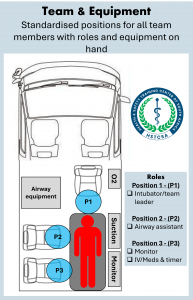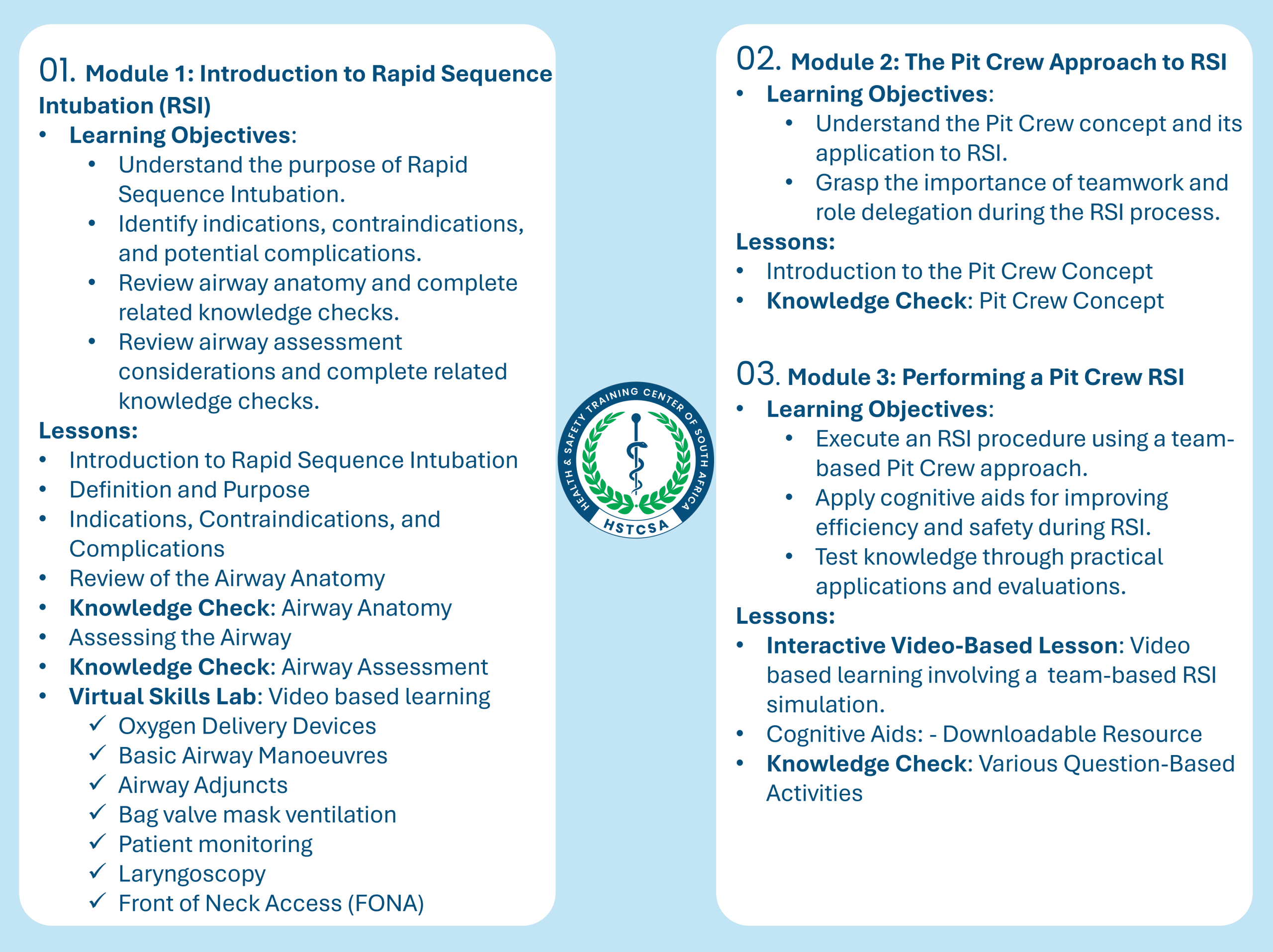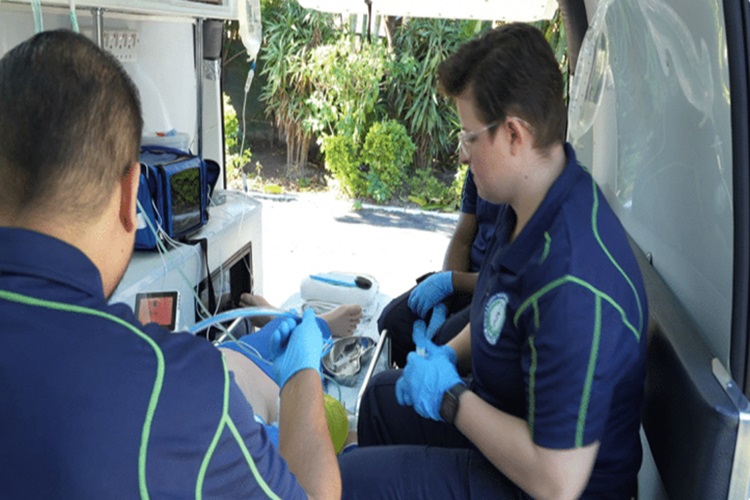HPCSA-accredited activity for 6 Clinical CEUs
Course Description
Are you ready to take your airway management skills to the next level?
Welcome to
Pit Crew RSI: A Team Approach
A dynamic, hands-on course designed for all healthcare providers.
Whether you’re a nurse, doctor, paramedic, or even operating at the Basic Life Support (BLS) level, this course empowers you with the essential skills and knowledge to confidently assist or perform a Rapid Sequence Intubation (RSI).
RSI is a critical, life-saving procedure, and mastering it can make a world of difference in emergency situations. This course goes beyond the basics, adopting a team-based, pit crew approach to ensure you and your team deliver the most effective, efficient, and safe airway management possible—whether you’re in the field or hospital.
From understanding each team member’s role to mastering precise coordination and communication, you will gain practical, actionable insights that will improve patient outcomes.
By the end of the course, you’ll be able to
- Define the Term Rapid Sequence Intubation (RSI).
- State the Purpose of a RSI
- List the indication, contraindications and precautions of a RSI
- Identify key structures of the upper and lower airways,
- Identify key factors that predict a difficult airway
- Explain the Pit Crew approach to RSI, including the use of the “STEADY” mnemonic
- 1. Describe various Oxygen Delivery Devices and their use during RSI. These include:
- Nasal cannula
- Non-rebreather
- Bag valve mask
- Peep valve and Peep Divertor
- Mechanical ventilator
- 2. Describe the use of the following patient monitoring devices during RSI
- SpO2
- EtCO2
- Defibrillator pads
- NIBP
- Shock index, Modified Shock index, Age adjusted shock index
- 3. Describe the steps involved in performing the following skills
- Basic Airway Manoeuvres
- Insertion of Airway Adjuncts
- Bag valve mask ventilation
- Laryngoscopy
- Front of Neck Access (FONA)
- Demonstrate knowledge on how to execute a team-based RSI using the Pit Crew approach
- Describe the necessary steps to prepare a patient for RSI, including optimal patient positioning, pre-oxygenation, equipment readiness, and medication preparation.
- Describe critical tasks such as intubation, medication administration, and airway management, while verifying success through capnography, chest rise, and breath sounds.
- Demonstrate an understanding of effective communication and teamwork during the RSI process, using structured language.
- Describe the use of cognitive aids and mnemonics to ensure patient safety
- Recognize and manage potential complications during RSI (e.g., failed intubation, hemodynamic instability) using contingency plans (Plan B, Plan C), including backup airway devices and cricothyrotomy if necessary.
- Describe post-intubation patient care using the “Safe Care” mnemonic
This is more than just a training session—it’s an investment in your skills and your ability to deliver high-quality care when it matters most.



